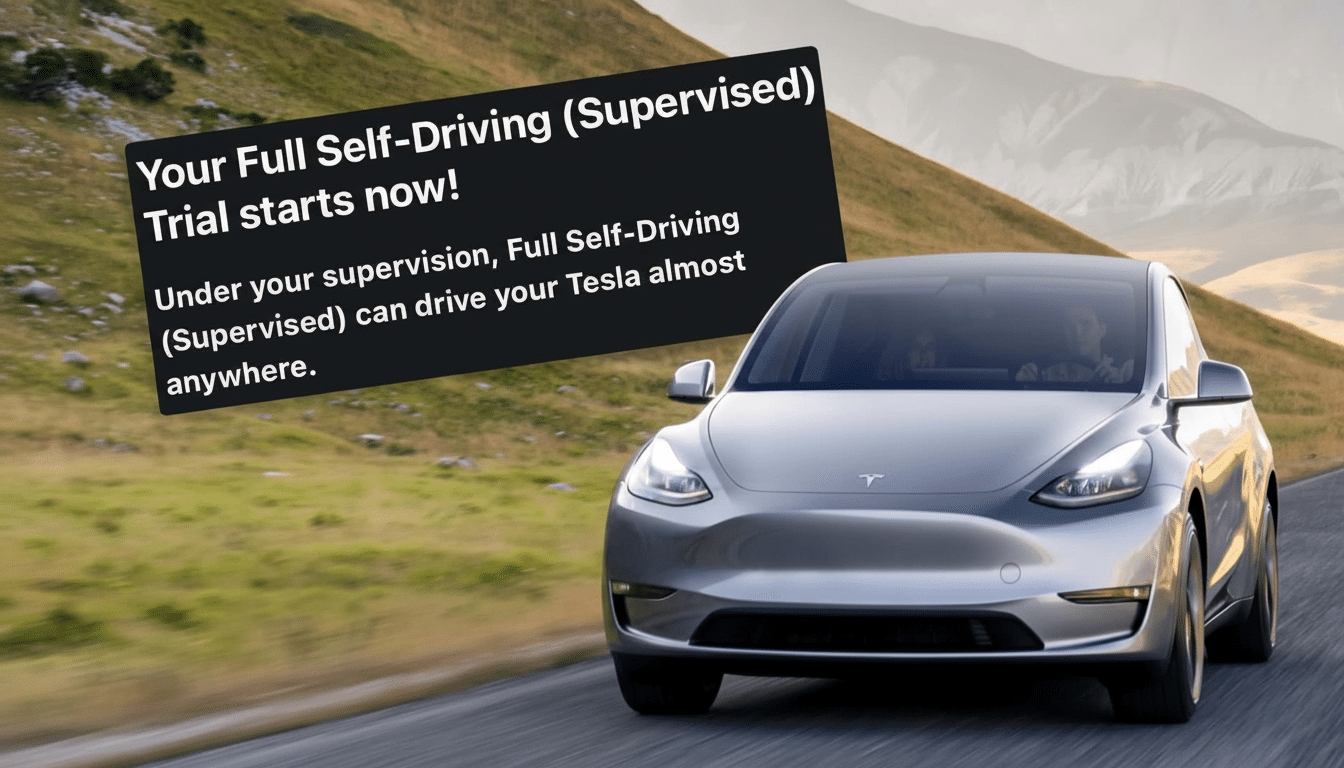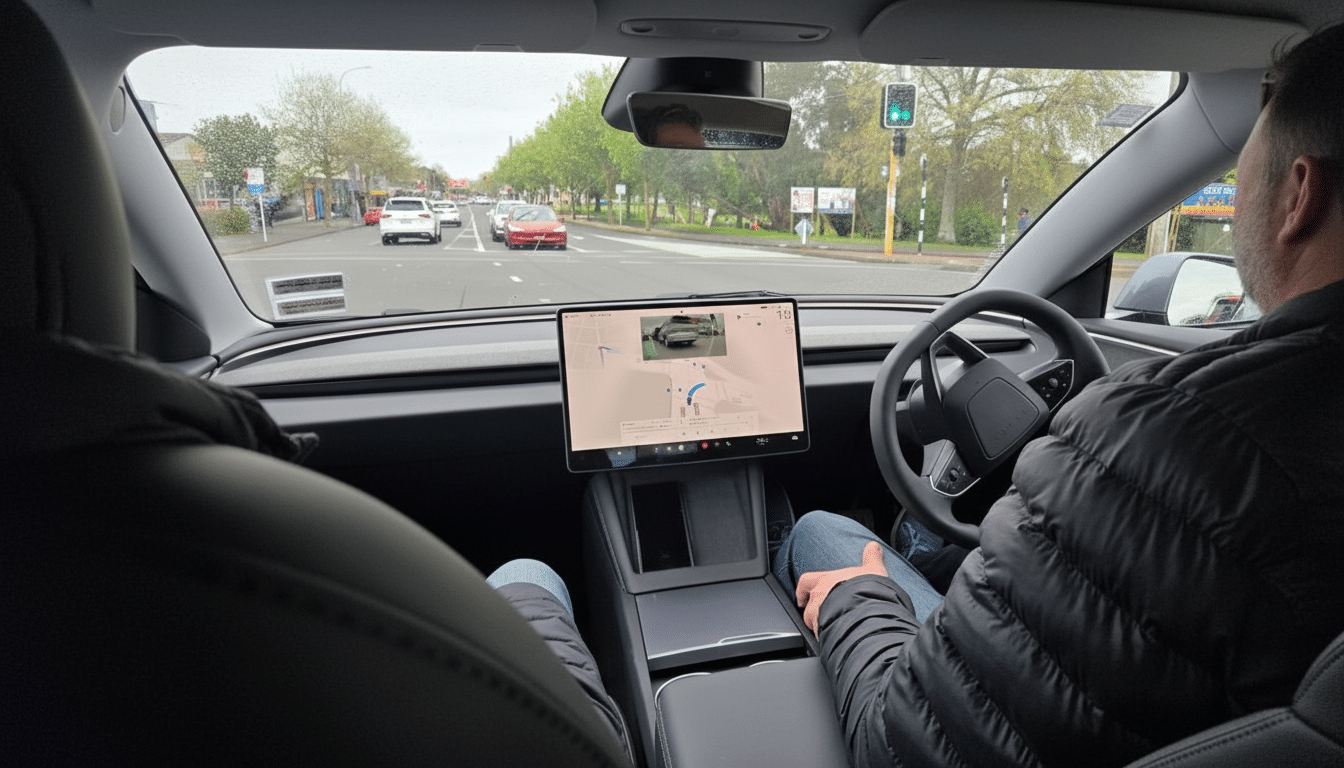Tesla requested a federal judge on Friday to throw out or order a new trial for a jury verdict that awarded $243 million in damages connected to a 2019 crash involving the company’s driver‑assist system Autopilot.
In its motion, Tesla argues that the verdict is at odds with Florida tort law and the Due Process Clause, and claims that the outcome improperly punishes the company for behavior that it says was mainly the driver’s responsibility.

The jury in that suit put one third of the fault on Tesla and two thirds on the driver, George McGee. The accident took place at night in Florida after McGee — behind the wheel of a Tesla Model S in which Autopilot was turned on — ran a stop sign and careened sideways into an SUV parked on a perpendicular street, killing 20-year-old Naibel Benavides Leon and leaving her companion, Dillon Angulo, with life-threatening injuries.
Prosecutors and lawyers for the plaintiffs say McGee has admitted to grabbing his phone before the crash. Tesla has stressed that its Autopilot package — along with its “Full Self‑Driving (Supervised)” software — requires drivers to keep their hands on the wheel and to remain attentive.

The victims pursued claims against both McGee and Tesla; McGee settled with the families privately. According to court documents, the plaintiffs had proposed a $60 million settlement with Tesla months before the jury’s decision, an offer that the company had turned down.
Tesla’s filing casts the matter as one of driver malfeasance, and not product defect. “The law of product liability must determine what form that remedy will take and who will recover, but editors and reporters cannot assume that the law itself was responsible for the deaths in the recent airliner collision,” company lawyers wrote that same day. “For product liability to perform its proper function, the system must limit liability to products that perform in ways that fall far below reasonable consumer expectations or that are inherently unsafe — neither of which seems at all applicable to this tragic accident. Doing so would discourage technological innovations and drive manufacturers away from safety upgrades for fear of big penalties if drivers misused them, they warned.
The motion also accuses the plaintiffs of flawed trial strategy, claiming they brought in prejudicial evidence — including testimony and documents not related to the 2019 Model S — that inappropriately shaped the jury’s collective impression of Tesla and its leadership.
The lead lawyer for the plaintiffs, Brett Schreiber, disputed Tesla’s characterization. He said the summary was an affirmation of what he called the company’s insensitivity to the human toll of faulty technology, and he argued that the trial jury had come to the right decision that both the driver’s actions and limitations in Autopilot led to the wreck. Schreiber said he believes the court should find the verdict was correct and that the ruling should be seen as a rebuke of Tesla’s development and release of the system and not as an indictment of automaton overall.
The judge has not given a timeline for resolving Tesla’s post‑trial request. That ruling could result in the award being reduced, or in a new trial being granted, or simply upholding the jury’s decision; and of course any party might appeal the court’s decision on the matter as well.

